Thanks for reading Infinite Lives this year. This is my last edition for 2024, I’ll be taking a break — using the time to play my new Steam Deck — and be back in late January, 2025. Catch you in the New Year!
Finally, a PlayStation 3D platformer that rivals Mario. I even went as far the other day as to say that it’s better than Super Mario Odyssey — a claim I quickly had to defend.
But Astro Bot is honestly just joy incarnate. It’s a breeze to play, incredibly fun and a refreshing touch in what was a year of very dense, very long, role-playing games. The best bit: It’s kid friendly, but if you’re a parent you will be fighting your child for a turn with the controller.
It’s a game I’d very much suggest to any and all parents who ask.
Plenty of my friends have gone back and earned that coveted Platinum trophy, doing every level on offer and unlocking everything in the game.
That, by itself, speaks to the quality of this game. It’s also still growing — they just launched a free, very joyful Christmas level. Every time I log on to take another incredible screenshot for this newsletter, there’s something new for me to discover.
Look, I’m not getting any point for originality here, given this won Game of The Year. But does it deserve it? Absolutely.
Metaphor: ReFantazio
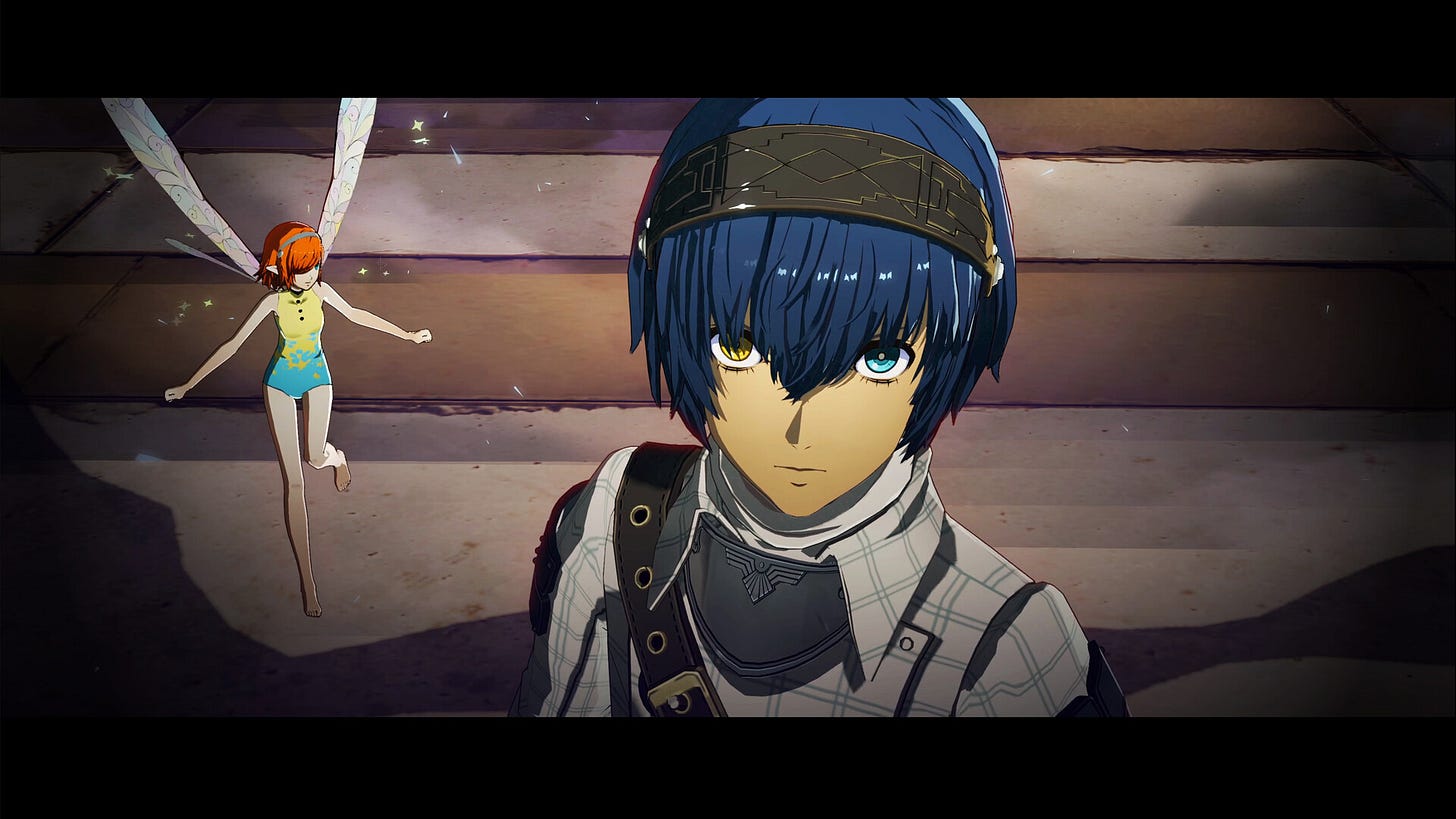
In a year full of amazing role-playing games this is the one that stood out. Why? Not only was it the shortest of all the RPGs that I played, it was the most narratively complex. And in a year defined by one of the greatest democratic contests in history (the latest US Election) playing a game about democracy somehow felt timely and relevant.
Beyond this, Metaphor pushed RPGs into new ground. It respected players’ time with mechanics that avoided random battles and time sinks — improving greatly on the original Persona gameplay formula. It minimised grind (a core part of lot of RPG games) and maximised enjoyment as a result. A trend I hope will continue well into 2025 and beyond.
Silent Hill 2 remake
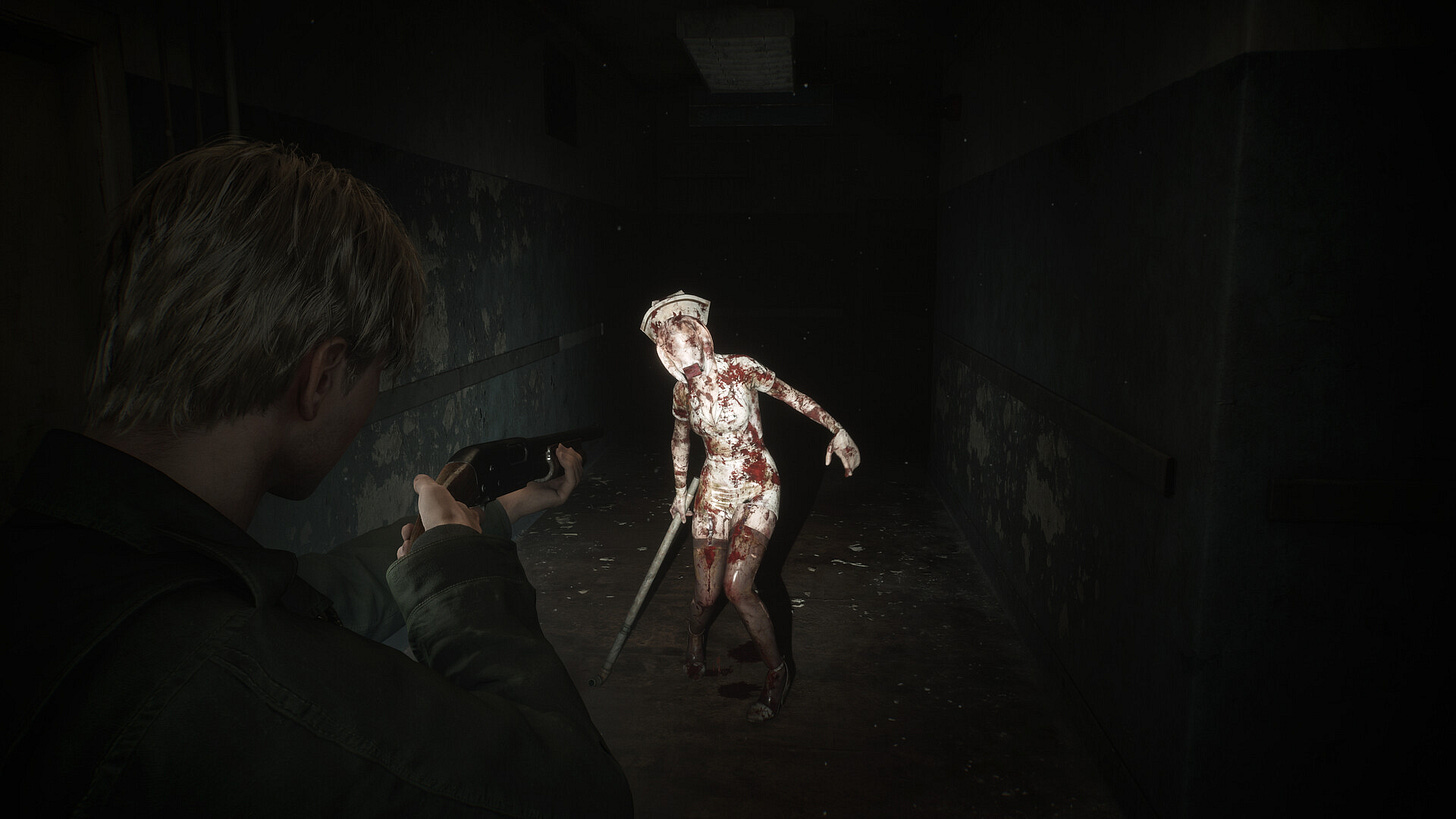
Despite being a survival horror buff, I never played the original Silent Hill 2. Now I’m questioning why I slept on it, thanks to this remake. It smooths some of the rough edges of the original while maintaining its integrity. The tension and intrigue this game generates sees it stand out on this list.
I had many a late night playing it just wanting to see what happened next. Even if it meant braving a dark run-down hospital or prison full of monsters. What takes it over the top is the incredible voice acting. The performances in this game are captivating and realistic, helping the game grapple with its core themes of mental health, grief and sacrifice. I’d argue it does this incredibly well compared to a lot of other media — including film and books.
My only strike against it: There’s parts of the game that are way too dark on the screen. They’re not scary, just frustrating.
But it’s a small gripe for a game whose critical success will bring the future of survival horror genre back to its roots.
Honourable mentions:
CONSCRIPT
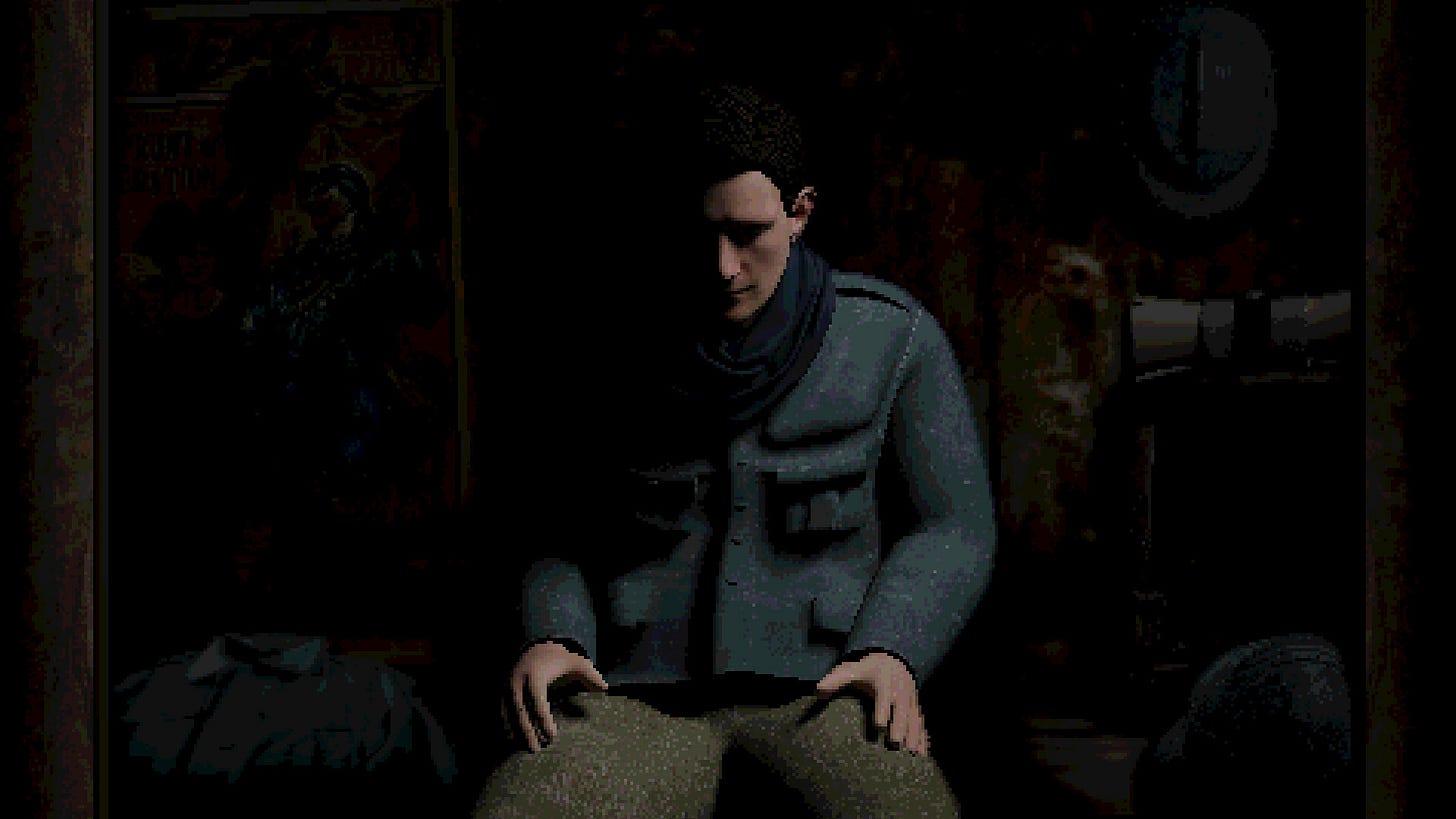
Setting a survival horror game during World War I, what a stroke of genius. Building off that one idea, Australian solo-developer Jordan Mochi created a title that not only exposed the horrors of war, but redefined what a survival horror game could actually be.
Comparing Silent Hill 2 remake to CONSCRIPT is fraught. Both are fantastic in their own right and very different. What it came down to for me, was level design.
It was generally a bit easier to figure out where to go in Silent Hill 2 Remake than CONSCRIPT, and the checkpoint system led to some frustration as a result.
But for an Australian solo developer to nearly pip a game made by hundreds absolutely blows my mind.
Elden Ring: Shadow of the Erdtree
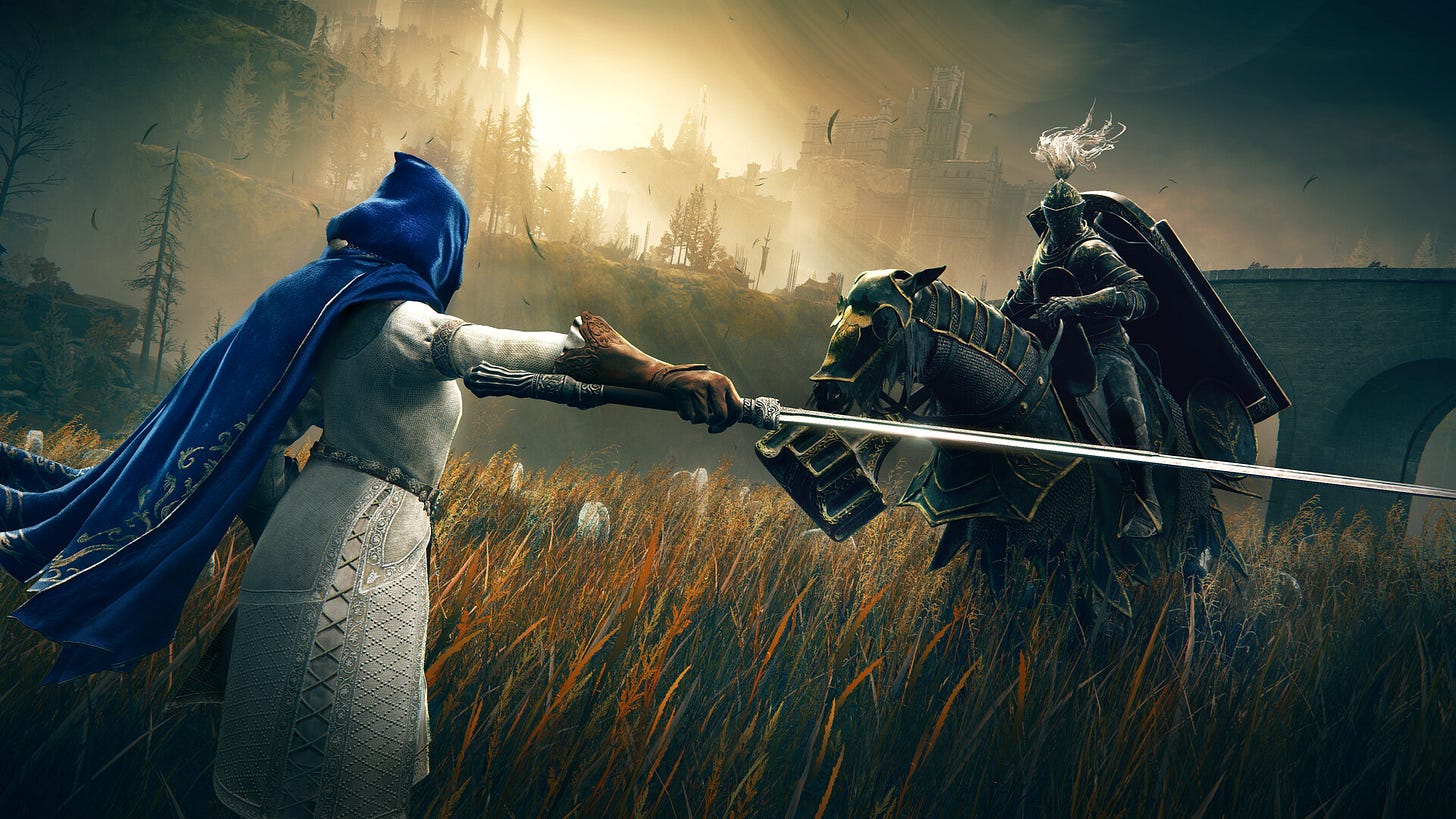
This caused a lot of controversy this year.
Can downloadable content win game of the year? It didn’t in the end.
In fact, it didn’t win much at all with regard to awards despite scoring plenty of nominations. At its core, Shadow of the Erdtree is more Elden Ring, and that’s all it needs to be.
I only marked it down because it was so hard to initially access the new content (you had to beat certain late-game bosses and if you started a new-game plus, that’s actually tough). Also, its final boss was impossibly tough. Some call this a feature, I call it a frustration. And I feel vindicated, a later patch toned down its difficulty.
Dragon Age: The Veilguard
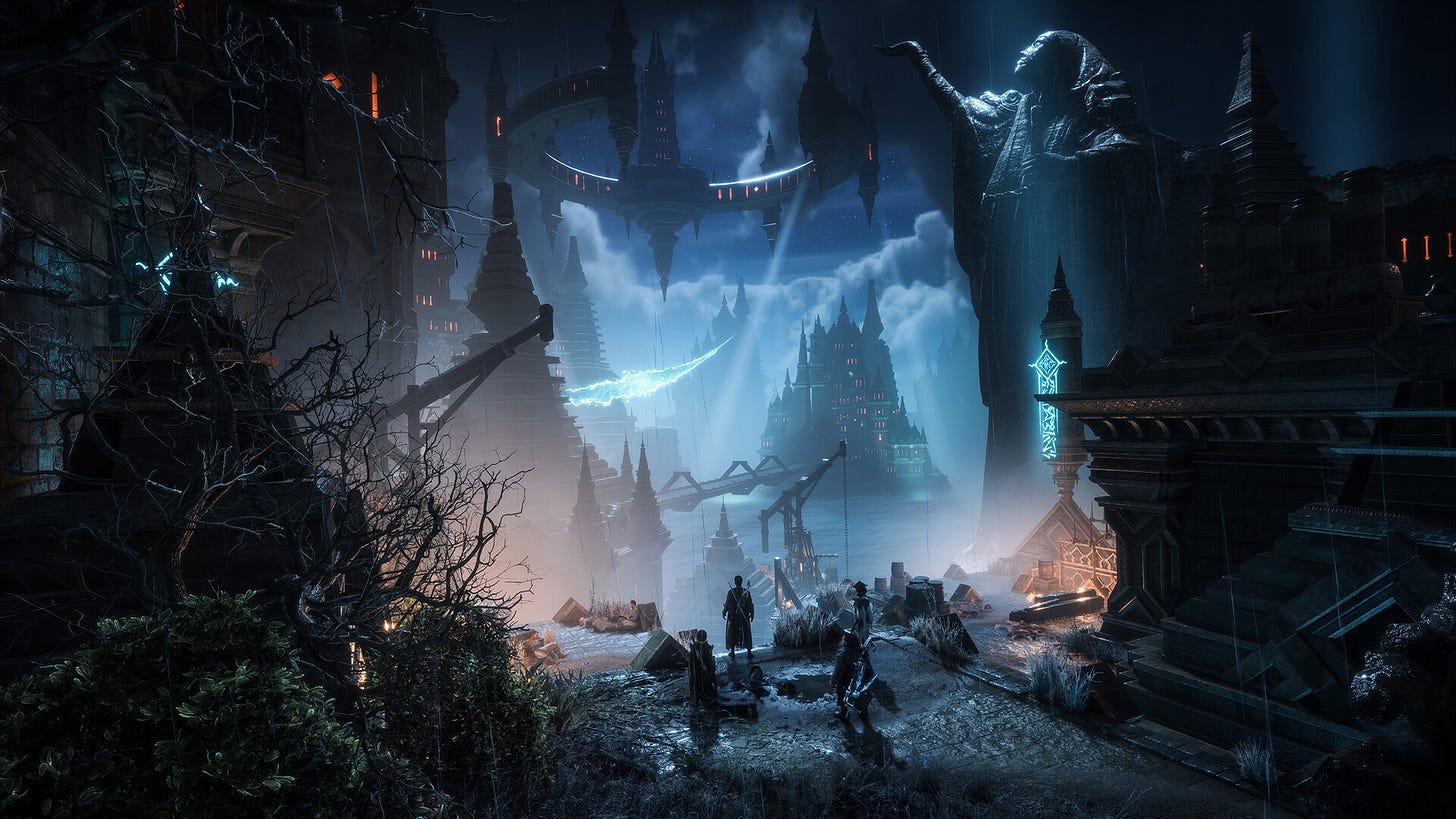
I can’t help but think that timing played a key role in Dragon Age: The Veilguard’s relative obscurity this year.
It missed out on a lot of awards and recognition and by the time I was playing it, I had beaten several other drawn-out RPGs this year.
It didn’t help that it’s a slow burn, taking at least a dozen hours to get to a point where you appreciate the characters and the combat design. But once the title is in full flight, it’s up there with some of the other RPGs on this list, surpassing them in some regards too.
A worthy summer game, it’s well worth a look if you missed it when it came out in October.
Provided you take some time with it, the plot and ending of Veilguard hit some incredible high notes that make the journey all the more worthwhile.
Final Fantasy VII: Rebirth
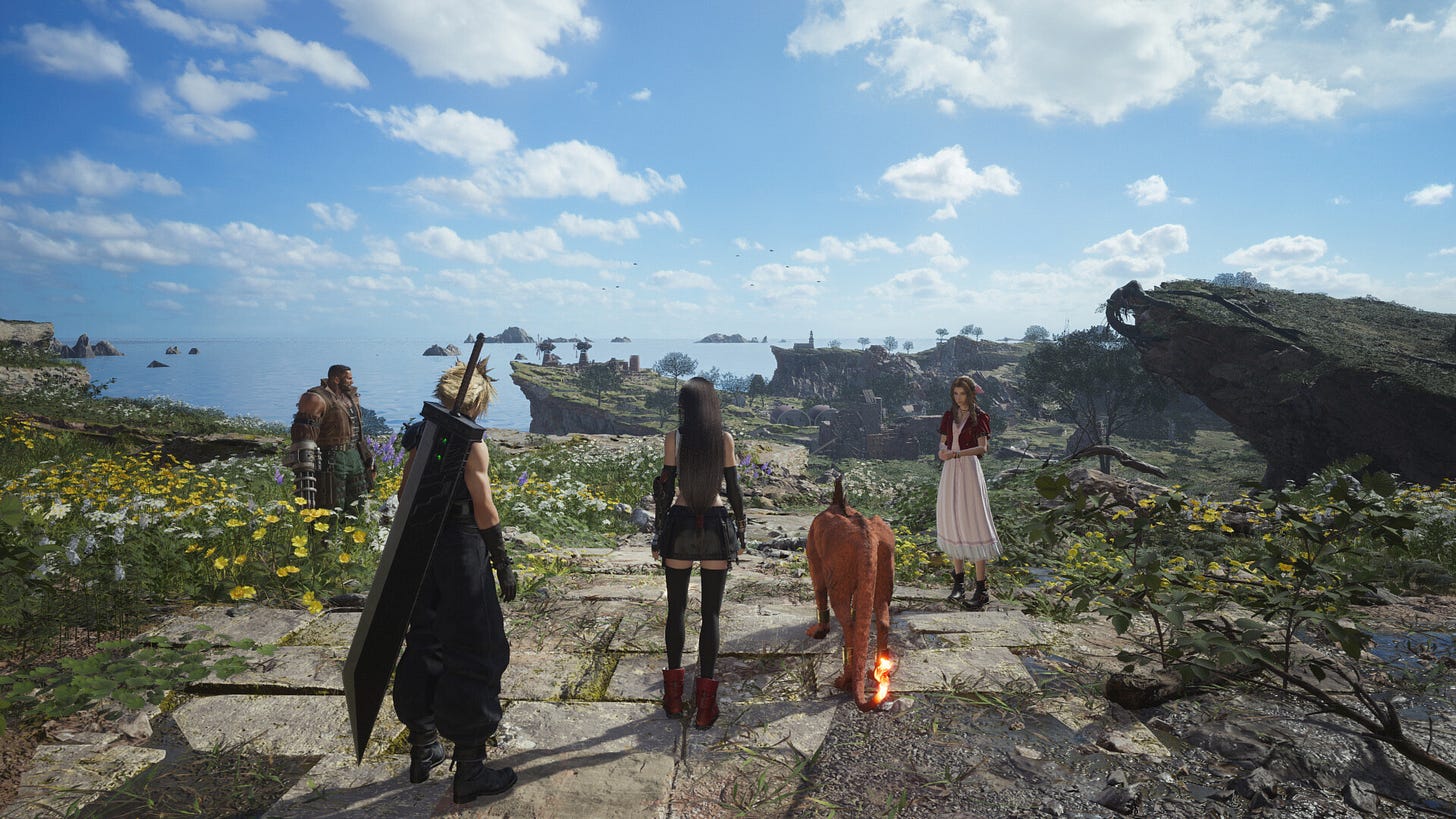
This is one of those games that seemed like a shoo-in earlier in the year. But then, as the year progressed, it fell into the rear view mirror as newer more exciting titles stole its limelight.
I enjoyed my 100+ hours with Rebirth, but boy did it move slowly. Despite hinting that the game would change from here on out at the ending of the last title, it stuck rather tightly to the script.
Like most players, I wanted to know what happened to Aerith at the end of the game, and when I finally got there, I was somewhat let down? I won’t spoil it here, but to spend the equivalent of three days worth of gameplay building up a question and then to dissolve it with an open-ended esoteric answer felt like somewhat of a letdown.
I wish it picked a lane, and maybe got to the punchline a little faster. More deviation from the original plot would have been appreciated too.
Yes I’m a Final Fantasy VII fan, but you spent the ending of the last game revealing to player that you are breaking the mould. But then somewhat stuck to it? Lessons for the third and final game in the trilogy.
What I want to play but didn’t have time:
Black Myth Wukong: I’ve now come back to Black Myth Wukong, after bouncing off it a week from when it launched. It’s had some fantastic quality of life updates since then, such as a map to help you track where you are in the level and a much easier fast-travel system.
There’s also more explainer videos now, helping educate the masses on how to effectively play this new Souls-like. I’m enjoying my time with it as a result and will likely write it up in more detail in the New Year.
Star Wars: Outlaws: Despite middling launch reviews, apparently this game has been improved by a number of patches. Is this another Cyberpunk 2077 situation?
Tactical Breach Wizards: I’m a huge XCOM fan, holding out (likely forever) for XCOM 3. But for now, this is giving me XCOM vibes. The game’s setting, a world in which police wield magic — sounds awesome. Summer is a great time to dig into dense turn-based strategy games.
The Plucky Squire: I only recently learned, via an article on Aftermath, no less, that this was an Australian game. That’s tipped me over the edge for giving it a go, and I aim to do so over the holiday break.
- Harrison Polites writes the Infinite Lives newsletter. Follow him here.


